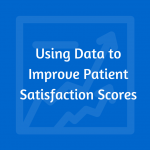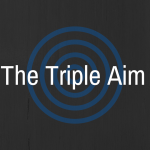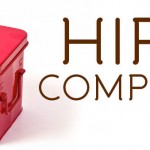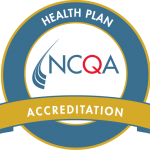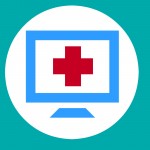
How to Efficiently Use EHRs in Healthcare Practices
As the HITECH Act’s regulations go into place, healthcare practices must implement eHealth initiatives such as Electronic Health Records (EHR). Besides meeting federal requirements, EHR can, if used properly, provide many benefits for healthcare practices.



